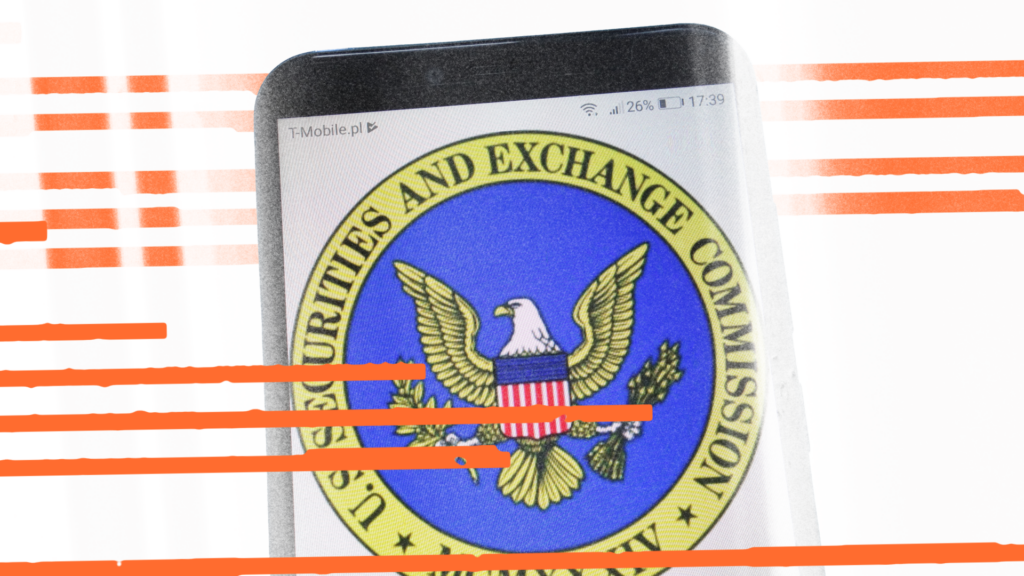Dismantle the Securities and Exchange Commission
The Securities and Exchange Commission (SEC), founded in 1934, has been deemed the primary regulator of U.S. financial markets. Despite its critical role, the agency has garnered significant criticism for its inefficacy in preventing major corporate frauds, such as the notorious Ponzi scheme executed by Bernie Madoff and the accounting manipulations surrounding Enron. With an impressive budget of $2.5 billion and a workforce of 4,800, the SEC seems well-equipped for its duties. However, instances of whistleblower warnings, notably from Madoff whistleblower Harry Markopolos, highlighted that the agency often overlooks critical fraud alerts to focus on less significant issues. This approach has led to accusations of the SEC unfairly targeting retail investors while allowing large institutions to operate with minimal oversight, raising concerns about equity in market regulation.
The SEC’s fundamental obligation is to mandate disclosures and oversee financial statements for over 5,000 public companies, a task that has become overwhelmed by an influx of paperwork deemed largely superficial. Analysts have criticized these disclosures for being too mechanical and uninformative, thereby necessitating substantial investments from investors to extract meaningful insights. The SEC’s attempts to further extend its power, particularly through proposals for climate-related information disclosure, faced backlash. These regulatory developments have led to increased financial burdens, especially on smaller firms, which struggle under the demands of compliance. Furthermore, the SEC’s stringent rules appear to deter public listings, limit investment opportunities for average individuals, and prolong the private status of innovative companies.
In recent years, the SEC has adopted a rigid regulatory stance against emerging technologies such as cryptocurrencies, despite ongoing fraud cases within that sphere, including the FTX scandal led by Sam Bankman-Fried. Critics argue that while the SEC focused their resources on policing small-scale crypto initiatives, they neglected to recognize the larger fraudulent activities occurring in more prominent cryptocurrency ventures. The agency’s approach to financial innovation has been characterized as heavy-handed, stifling competition and growth in the market. This not only undermines consumer trust but brushes aside the diverse potential beneficial innovations that could emerge with a more balanced regulatory framework.
The effectiveness of the SEC’s accounting standards has also come under scrutiny. Observations indicate that the enormous spending on enforcing Generally Accepted Accounting Principles (GAAP) may not lead to substantial improvements in financial integrity or transparency. Critics, like David Stockman, assert that financial professionals often find ways to circumvent these standards in their daily activities, indicating a gap between regulatory intent and practical market behavior. Moreover, the SEC’s insider trading regulations, designed to ensure fair access to information, may actually inhibit the rapid dissemination of critical market data, causing inefficiencies in stock pricing and overall market operation.
In summary, the SEC has consistently failed to live up to its mandated role, hinders retail investors, and demonstrates a lack of responsiveness to the dynamic nature of the markets. Its current chair’s seeming immersion in ideological agendas rather than focusing on genuine market efficiency raises further concern about the agency’s integrity and objectives. The prevalence of burdensome regulatory practices discourages investment and inhibits innovation across sectors, signaling that a reevaluation of the SEC’s role—or even its existence—is warranted.
Imagining a financial landscape devoid of the SEC invites the notion that various self-regulatory mechanisms could prevail. Market participants possess inherent incentives to monitor fraud and maintain transparency; efficient private litigation tools, including class action lawsuits, could serve as effective deterrents against corporate malfeasance. In a self-regulated environment, the pressure to maintain a good reputation might prove to be a more motivating factor for firms than compliance with cumbersome regulations, potentially fostering a market characterized by dynamism and innovation. The pursuit of a financial ecosystem driven by results rather than regulatory obligations might lead to enhanced safety, prosperity, and a more equitable marketplace for all participants involved.
Share this content:












Post Comment